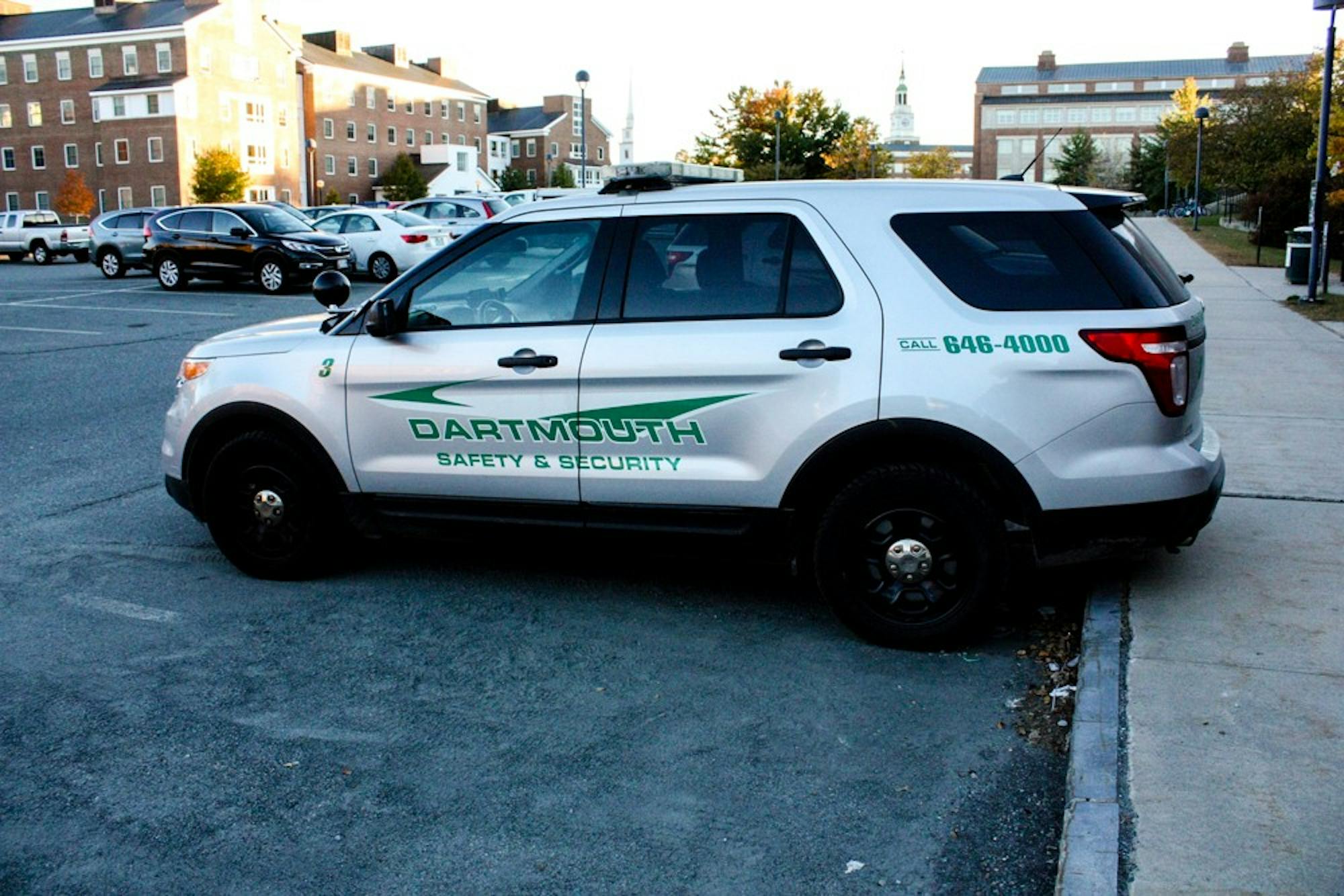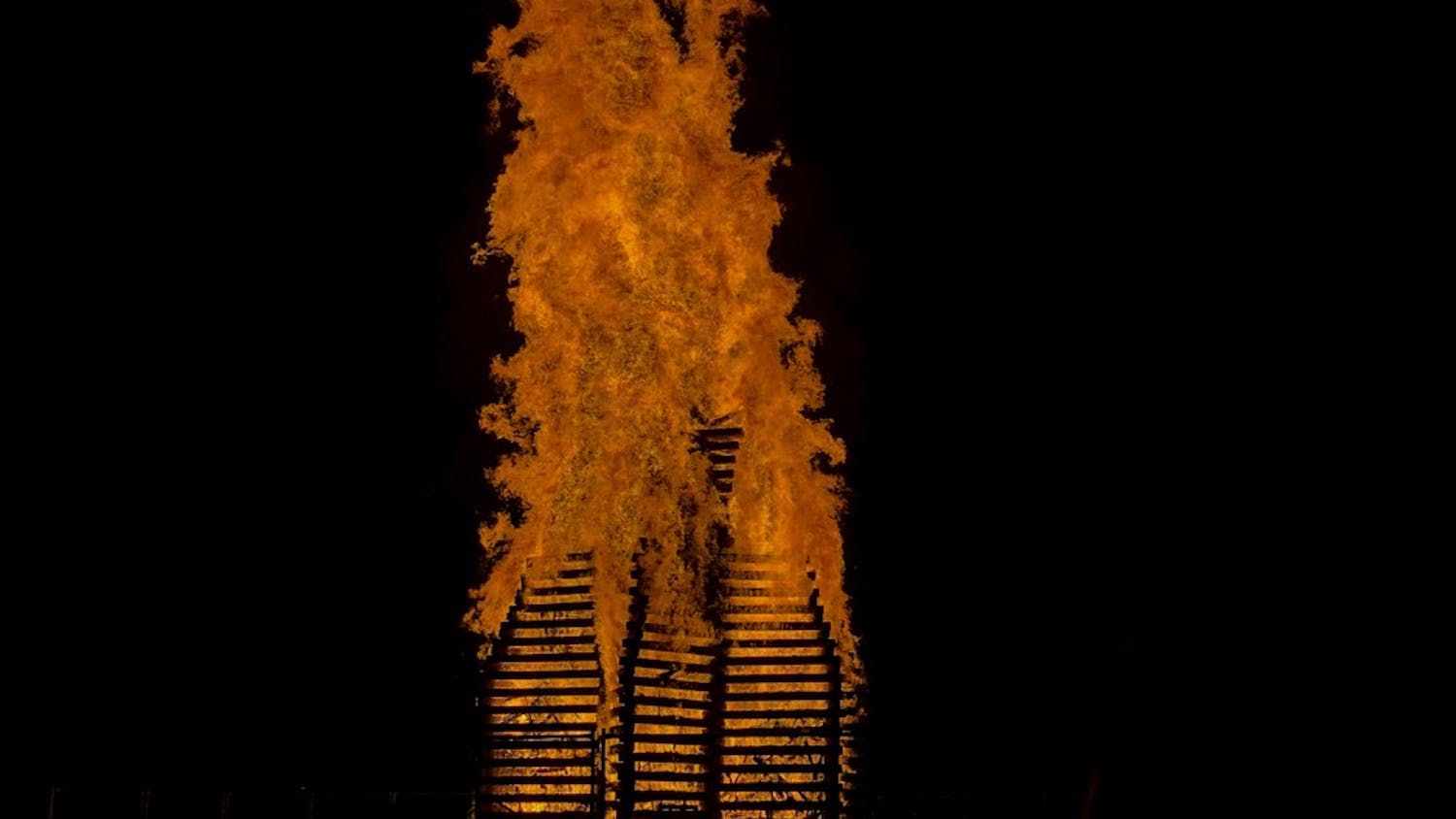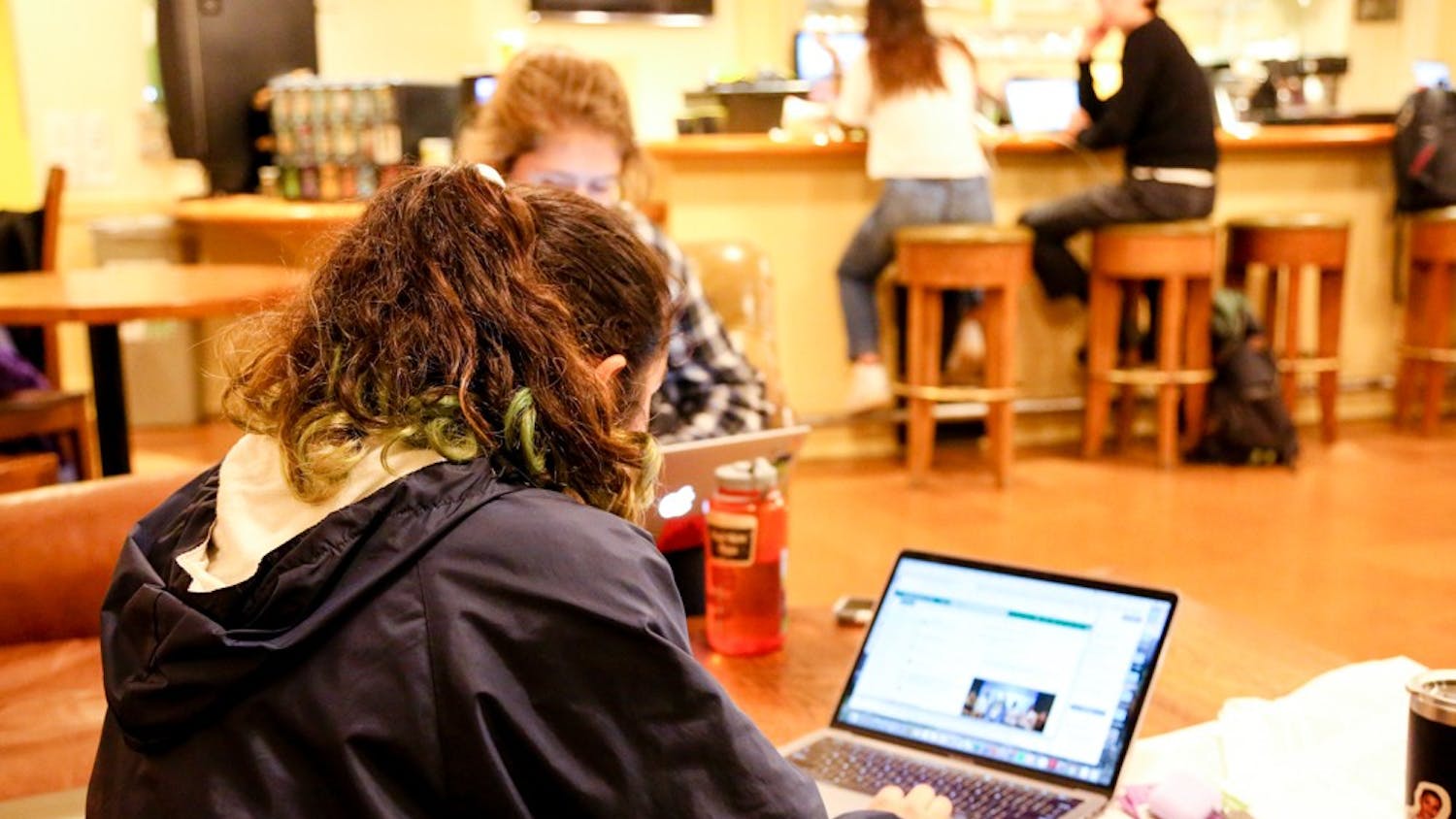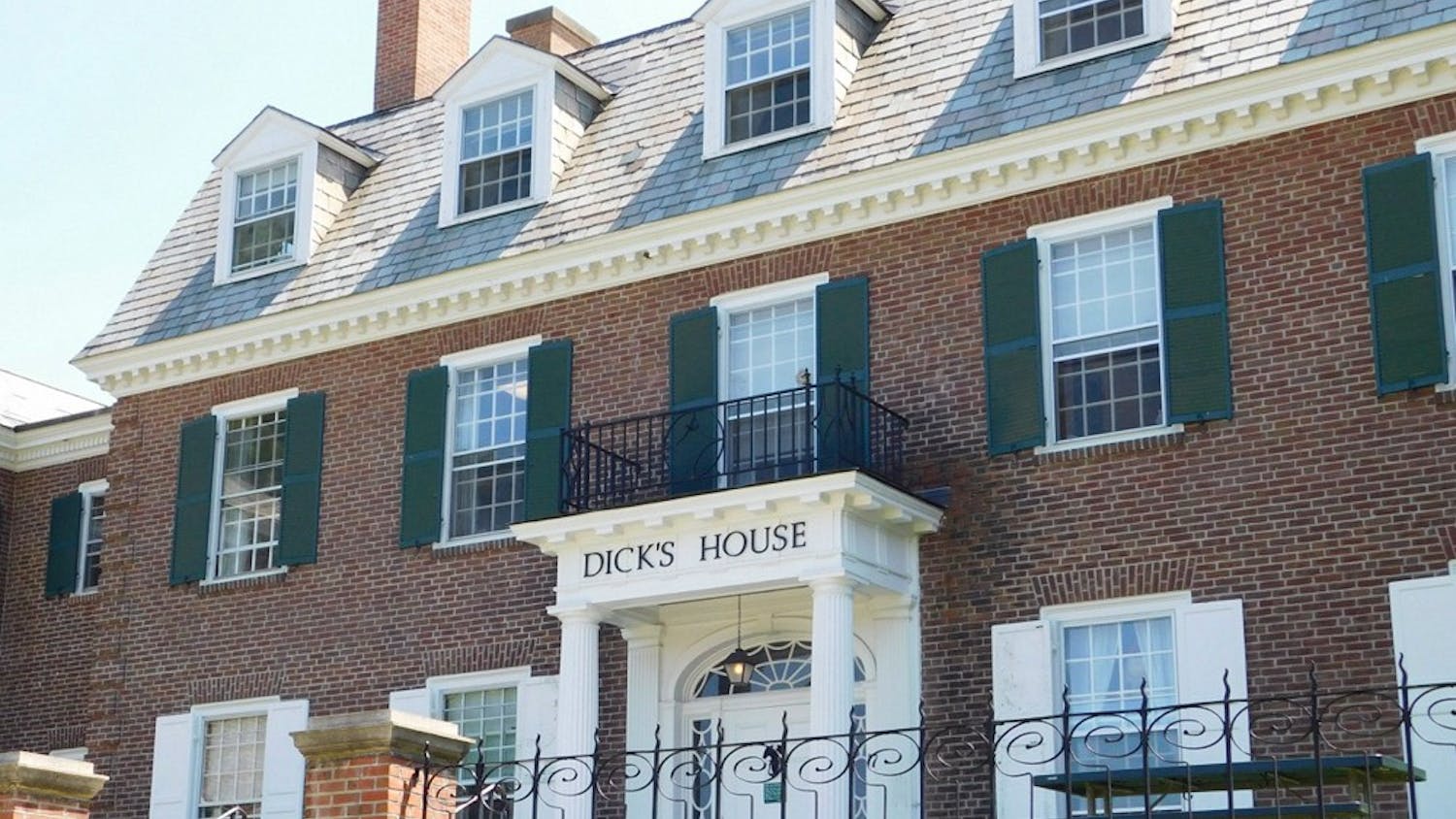Early last week, the Department of Safety and Security obtained reports from multiple students who said they received scam phone calls from individuals posing as members of Safety and Security.
From Jan. 6 to Jan. 8, students received these phone calls from caller IDs that read ‘Dartmouth Safety and Security,’ according to interim director of Safety and Security Keysi Montás. The callers accused the students of various crimes, and some asked for money as immunity for these crimes. Around the same time as the calls, an email was also sent to a staff member at the College claiming to be a superior, asking for money in a similar fashion.
“[The callers] were saying that ‘We have information that you are guilty of a crime, and you need to give us $5,000 so we can take care of it,’” Montás said. He added that none of the targeted students — that he was aware of — sent money to these callers.
Margaret Nichols ’20 received such a phone call with the caller ID reading ‘SnS’ on the afternoon of Jan. 7.
“I picked up, because it was SnS, and then they knew my name,” Nichols said. “The combination of those two things kept me on the phone.”
After Nichols answered the call, the caller claimed to be from the Hanover Police Department. According to Nichols, the call sounded professional at first, with dispatcher noises in the background.
Then, the caller asked Nichols if she’d ever had problems with identity theft before launching into a story about her name being on a drug order arriving to campus.
“It started to seem a little bit fishy, but it still sounded like the police,” she said.
Nichols said the conversation felt like it was going in circles. The caller then told her that she had to turn herself in or they would give her name to the press.
After Nichols asked the caller a question, the caller started to swear at her. At that point, Nichols hung up the phone. She then called back Safety and Security, who confirmed it was fake.
There have been incidents similar to these at Dartmouth in the past, Montás said. Last year, community members received phone calls where the caller IDs read ‘FBI,’ and two years ago there were callers claiming to be from the ‘Dartmouth Police.’ Montas said that these types of scam calls “are very difficult to track.”
“Another thing that is consistent with these scams is how they want to be paid,” said Safety and Security lieutenant Gene Thompson.
Thompson said that the IRS, the FBI, law enforcement and Safety and Security do not generally make phone calls, but instead contact people face-to-face or via email.
Since the morning of Jan. 8, Safety and Security has not received any more reports related to these phone calls. The department referred the case to Hanover Police and notified campus via email on Jan. 8.
“Ideally, we should be brought in right away,” said chief information officer Mitchel Davis. He added that information, technology and consulting department only got involved in the matter when a department at Dartmouth reached out to them for assistance after receiving similar scam phone calls.
ITC’s security department met with Safety and Security on the morning of Jan. 13 to formulate a process by which the ITC could be involved sooner in these instances, according to Davis.
Interim senior director of ITC Sean McNamara explained that these calls are particularly hard to track given how easy it is to “spoof” incoming calls with access to a call server.
“Even if we were able to [trace these calls], it would be a matter of submitting a report to the FBI, to notify them of our findings and then they would follow up,” McNamara said.
McNamara said educational institutions are common targets because they are less private than other corporations and companies. For this reason, he said, whoever launched these calls are likely also targeting other schools.
To prevent such issues, ITC has been working on changing the College’s phone system to a “cloud-based phone system” called Jive that will have log files, thus making calls more traceable and secure, according to Davis.
Jive will offer students and staff the option of giving out an alternate number to businesses or those they don’t know as well instead of their personal phone number, Davis said. Jive offers a physical phone, as well as a “phone on your cell phone,” where a separate number will trigger phone calls through the Jive app.
“It gives people an option to be able to communicate over the phone when they want to, but also to be able to control their environment and keep their private phone private,” Davis said.
McNamara said that there are significant security improvements with Jive, given that the “software and implementation” will consistently be up to date and handled securely. However, he still expressed concerns; even though data between the phone and the cloud provider is encrypted and secure, once the phone call leaves the provider, it could traverse through other systems that may not handle the call as securely.
As of now, McNamara explained that the investigation and incident response that ITC has opened is more focused on prevention, due to how difficult it is to find the source of the calls after they have been made.
“[The] best thing is a strong defense, and knowing that these types of threats are out there, and anyone could potentially be a target,” McNamara said.




